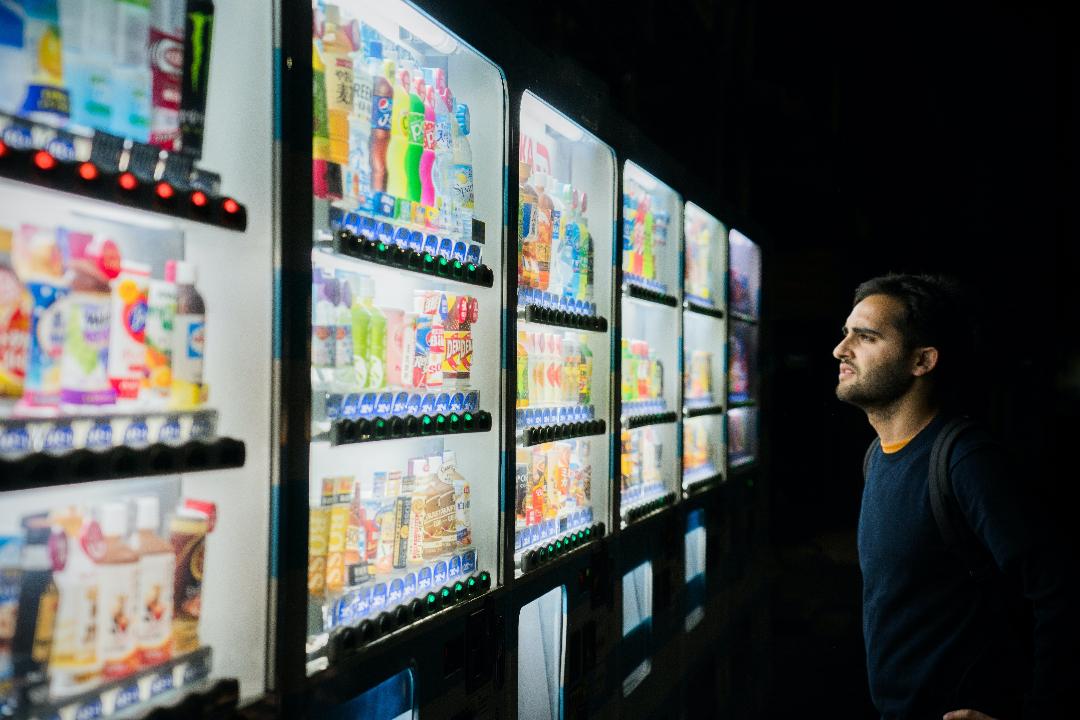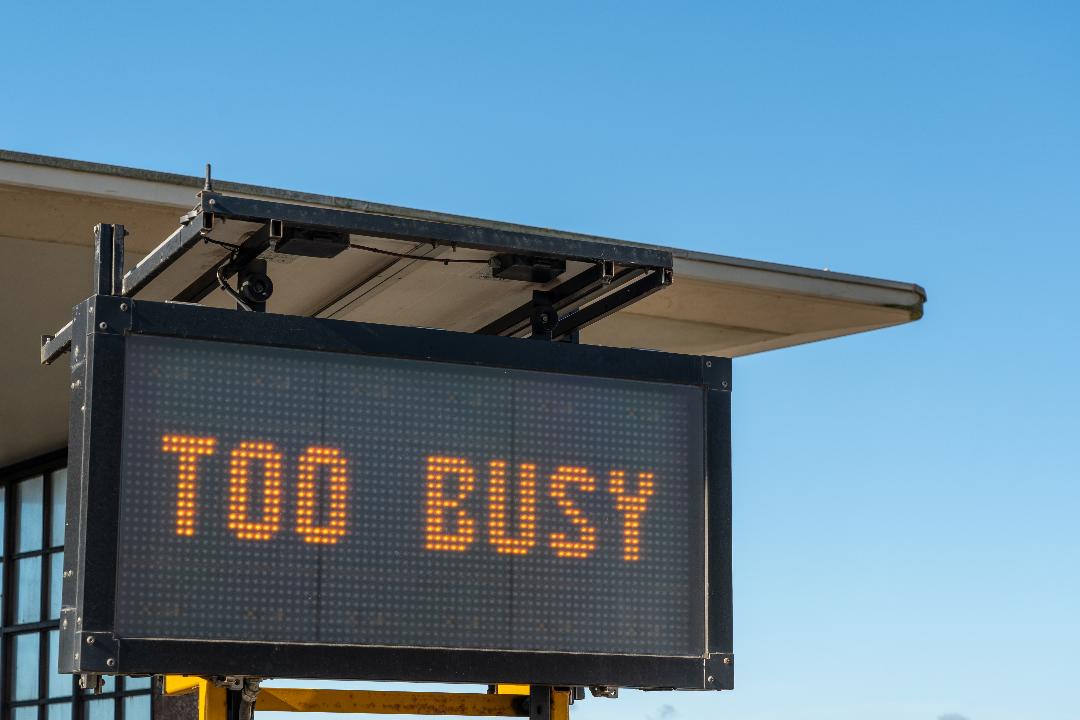We're facing a lot of choices and things to consider amid the Covid-19 pandemic. Cut yourself slack: it's called decision fatigue.
Is it safe to go for a cuppa and cake with your friend ? Can the kids have a play date? What to say if a friend refuses to wear a mask? Are the schools safe? Should we be taking chances eating in a restaurant?
Should I be going out for a drink in a bar? Is public transport safe? What if there are no gloves at the petrol station? When my boss asks me to come back to the office, should I?
I’m sure at some point or another we are lying awake at night racking our brain for the answers to all of the questions which continue to arise and preparing for another day of unprecedented choices.
Decision fatigue is the term for what you might be experiencing and this coined by American social psychologist Roy Baumeister.
Decision fatigue is specifically defined: decision fatigue is the emotional and mental strain resulting from a burden of choices.
When humans are overstressed, we can become hasty, irritable or shut down, and that stress plays a huge role in our behaviours, including our decision making.
"It’s a state of low willpower that results from having invested effort into making choices," said Roy Baumeister, a psychology professor at Florida State University who coined the term in 2010. "It leads to putting less effort into making further choices, so either choices are avoided or they are made in a very superficial way.”
You can view some of the professor’s lectures on this subject here.
The human brain has a limited capacity of energy, and as you make decisions throughout the day, you deplete that resource. As you become fatigued, you may be inclined to avoid additional decisions, stick to the status quo or base a decision on a single criteria, Baumeister said.
When we're able to maintain daily routines, the brain can automate decisions and rely on mental shortcuts to avoid fatigue, but Covid has disrupted many of our routines, forcing us to allocate more mental energy to decision-making. Researchers have found that people making decisions in high pressured scenarios or when making moral and ethical decisions, are also prone to buckle under decision fatigue.
Tips for avoiding decision fatigue
There are some simple strategies for avoiding decision fatigue:
- First of all, try to be mindful and concentrate on exactly what you’re doing in that moment
- When shopping, limit the number of stores you visit
- Keep a mask in your bag, in your car and by your front door
- Be prepared as much as you can - this applies to pretty much everything - fuel in your car, money in your wallet, an umbrella in your bag, etc
- Focus on timing your decisions and developing routines to cut out unnecessary choices, this might include meal plans for the week and sticking to a routine for sleep and exercise
- Willpower diminishes and decision fatigue increases over the course of the day, so when you have important decisions to make, try to make them in the morning after a full night’s sleep and a good breakfast
- Plan out tomorrow's schedule the day before
- Lay out your clothes in the evening, or – like Steve Jobs – develop a uniform
- Pack your bag for school or work or exercising the night before
- Prioritise your decisions, and try to focus on one at a time
- Stick to apps or websites you know, trust and love
Keep Well, Dr Clara Russell









